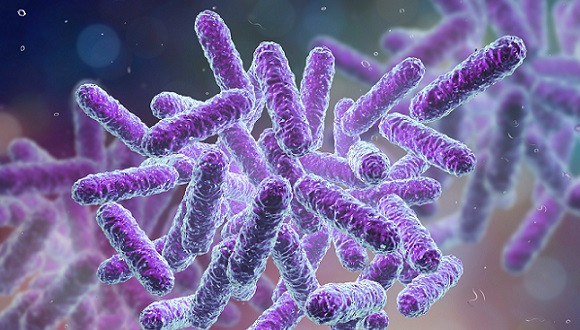Microbiology
The Microbiology Track provides training in the study of microorganisms: organisms that cannot be seen without the use of a microscope, which include bacteria, microscopic fungi, parasites, and viruses. This program supports broad interests in microbiology, including environmental and pathogenic microbiology, bacterial genetics and systems microbiology.
About the Program
The track supports broad interests in microbiology, including host-pathogen interaction aiming at deciphering pathogenesis mechanisms, microbial ecology aiming to understand the interaction of bacteria with their environment, microbial genetics which includes the studies of genotypes and gene regulation and systems microbiology which aims to combine genomics, transcriptomics, metabolomics and proteomics to generate an integrated model of how a microbial cell or community functions.
Why Microbiology?
The program in Microbiology offers students the opportunity to use tools of molecular biology, microbial genetics, microbial pathogenesis, biochemistry, computational biology, and genomics. The program is designed for students interested in either academic careers in research or for those interested in careers in related aspects of medicine and the biotech-industry.
Program Chair
The microbiology track supports broad interests in microbiology, including host-pathogen interaction aiming at deciphering pathogenesis mechanisms, microbial ecology aiming to understand the interaction of bacteria with their environment, microbial genetics which includes the studies of genotypes and gene regulation and systems microbiology which aims to combine genomics, transcriptomics, metabolomics and proteomics to generate an integrated model of how a microbial cell or community functions.
I am a graduate of the Microbiology track at Tel Aviv University (1998). In my master's thesis, I investigated bacteria that grow on decomposition of petroleum as a carbon source (Acintobacter). The study combined bacterial genetics, environmental ecology and metabolism, and mostly paved the way for me to be the microbiologist I am today. At that time my love for bacteria ignited, and I continued to study very basic processes in bacteria, like the synthesis of membrane proteins in the bacterium Escherichia coli.
During my postdoctoral studies at the University of California, Berkeley, I went on to research violent bacteria that cause disease and I have been doing this to this day. In my lab, the bacterium Listeria monocytogenes, which causes food poisoning, is being studied. Listeria is an excellent model organism for studying bacteria that have the ability to penetrate our cells and grow in them.
We ask questions like: How are listeria bacteria adapted to grow in our cells? What virulence factors do they produce? How do they control the virulent genes in the mammalian environment? In recent years, the focus of research in my laboratory has shifted to studying the interaction between the Listeria bacteria and the phage they carry in their genome (lysogenic phages). We have discovered intriguing phenomena in the context of the relationship between violent bacteria and phages in the mammalian niche. Throughout my years as a researcher, bacteria have always surprised me, I find their genetics fascinating, and the understanding that they are an integral part of our lives and our environment only intensifies my and other researchers' desire to understand every aspect of their biology.
|
The curriculum consists of 30 hours in addition to practical research in the lab.
Curriculum


